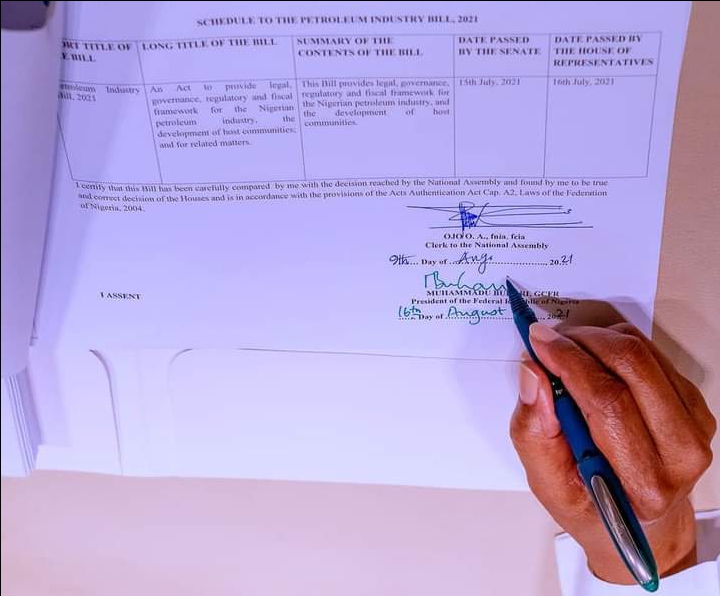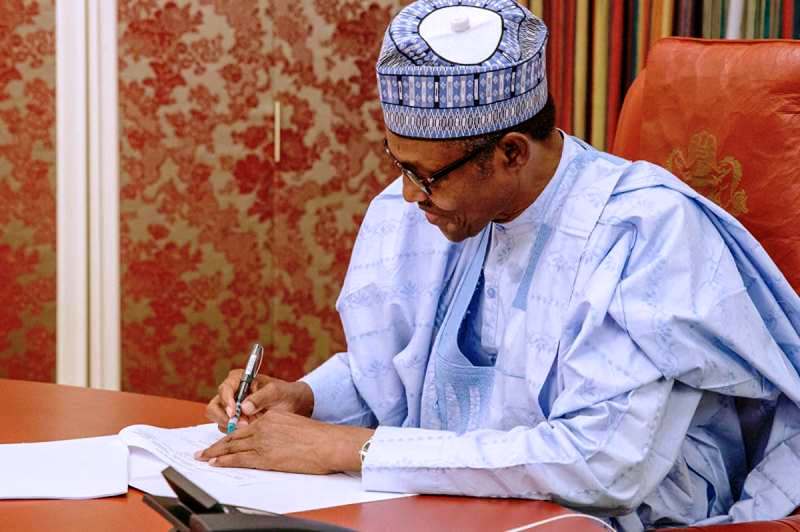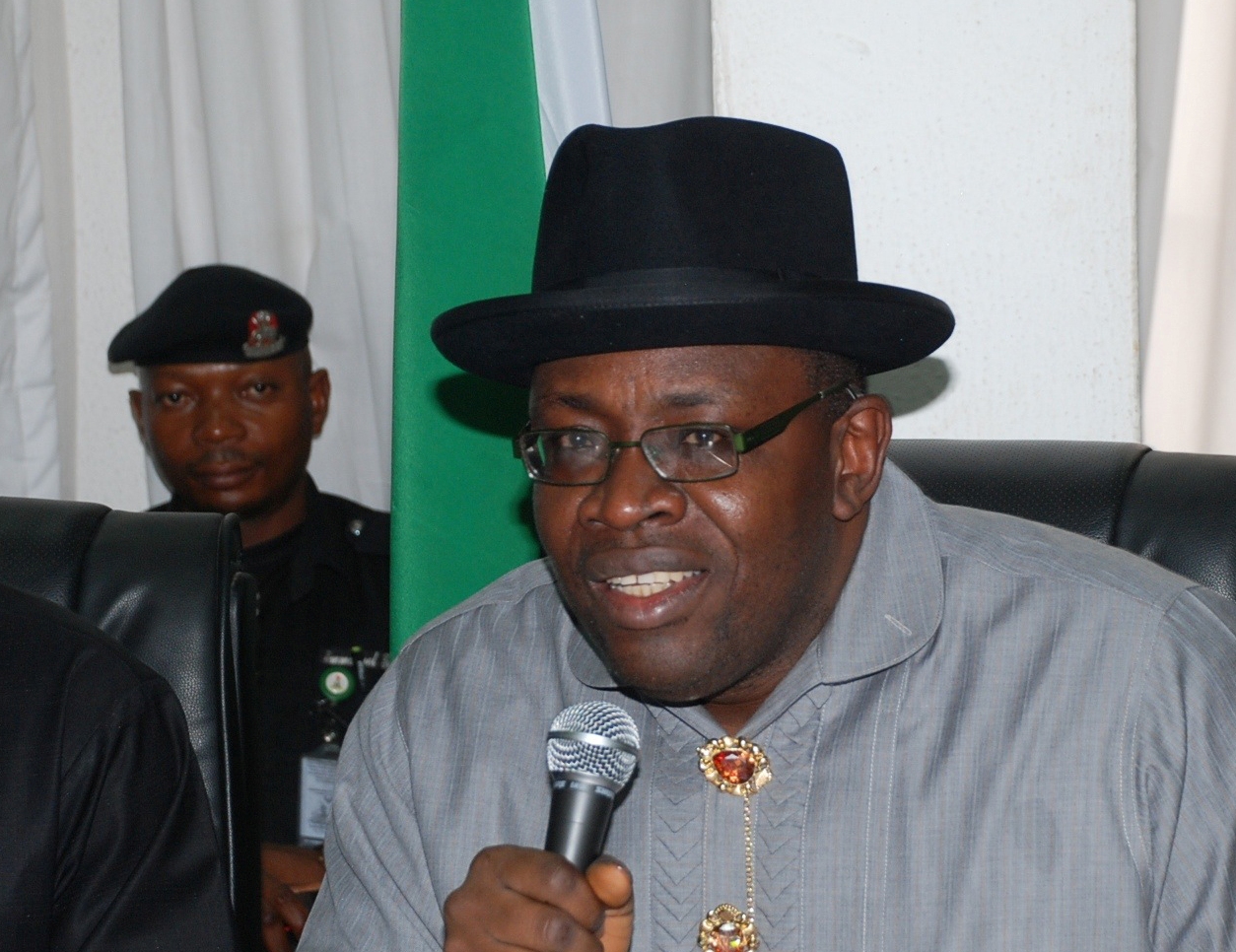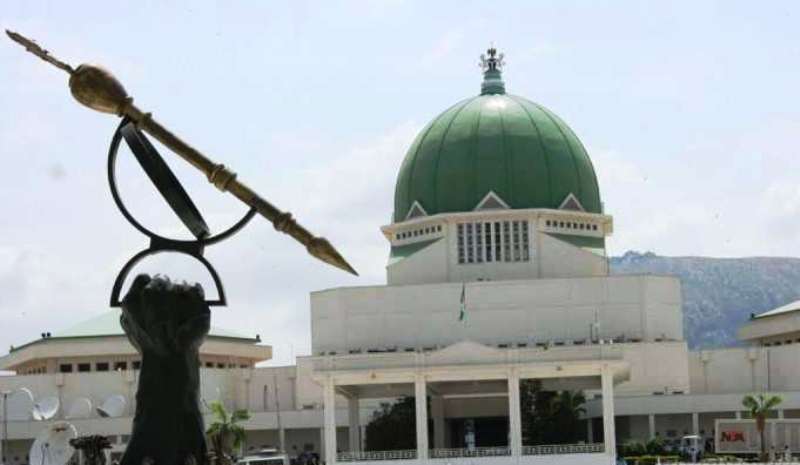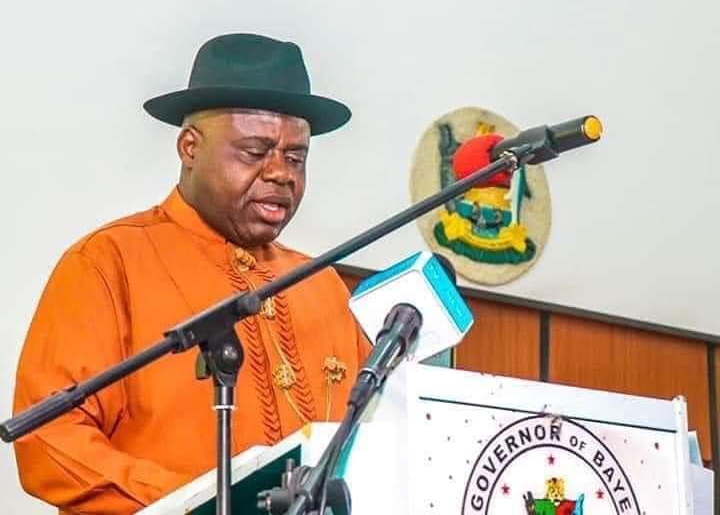The Nigeria Extractive Industries Transparency Initiative (NEITI) has welcomed with excitement, the bold step by both chambers of the National Assembly to pass the Petroleum Industry Bill (PIB).
NEITI gave the commendation in a statement signed by Obiageli Onuorah its Head, Communications and Advocacy, in Abuja, on Thursday.
She quoted the Executive Secretary of NEITI Dr Orji Ogbonnaya Orji as describing the decision of the Senate and the House of Representatives to consider the Bill as priority resulting in its eventual passage as bold, courageous and progressive.
According to Orji, NEITI as an agency set up to enthrone transparency and accountability in the management of extractive industries in Nigeria has demonstrated genuine and legitimate interest in the PIB from the onset.
“NEITI’s interest is in view of the urgency and strategic importance of a new law to replace the existing archaic legislation that have aided huge revenue losses, impeded transparency, accountability and investment opportunities in the nation’s oil and gas industry,’’ he said
He recalled that as an anti-corruption agency in the sector, NEITI boldly alerted the nation through a special Policy Brief “The urgency of a new petroleum sector law” that the current stagnation of investment opportunities in the Petroleum Industry was as a result of the absence of a new law for the sector.
This. He said has led to huge revenue losses to the tune of over 200 billion dollars.
“In that publication which was widely circulated, NEITI argued that the “revenue losses were as a result of investments withheld or diverted by investors to other (more predictable) jurisdictions.”
“The publication added that “The hedging by investors stems from the expectation that the old rules would no longer apply, but not knowing when the new ones would materialise.
“In addition, NEITI Reports in the sector had also disclosed that over 10.4billion and N378.7billion were lost through under-remittances, inefficiencies, theft or absence of a clear governance framework for the oil and gas industry,’’ he added.
The NEITI Executive Secretary noted that he was optimistic that with the new governance law for the industry, these huge revenue losses to the nation as a result of process lapses and outright stealing would be strictly checked if not eliminated.
“The implementation of the global Extractive Industries Transparency Initiative which Nigeria is a key signatory, have over the years been frustrated by the absence of a dynamic law that suits modern business modules and trends in the ever evolving oil and gas industry” Orji said.
He expressed the hope that the PIB when assented to by the President will provide a dynamic governance framework required to re-position the Petroleum industry to fully embrace competition, openness, accountability, professionalism and better profit returns on investments to both companies and government.
He added that NEITI and its multi-stakeholders are encouraged that the National Assembly in this particular instance threw politics aside and dealt with the PIB issue with the attention it deserves in over all public interest.
The Executive Secretary also commended the media, the civil society, development partners, industry, stakeholders and experts who have followed the bill in the National Assembly for their valued contributions to what has been achieved so far.
“While NEITI awaits early harmonisation and the details of the contents of the bill as passed and hoping for early Presidential consideration and assent, the transparency agency looks forward to working with its stakeholders in the industry to ensure effective implementation under the global EITI framework,’’ he added.
The PIB, which was first presented at the National Assembly in 2008, is an omnibus law to regulate the entire spheres of the industry.
The bill is intended as a complete overhaul of the Nigerian oil and gas sector seeks to, among others, ensure an increased level of transparency and accountability by strengthening governing institutions to attract investments in the industry.

